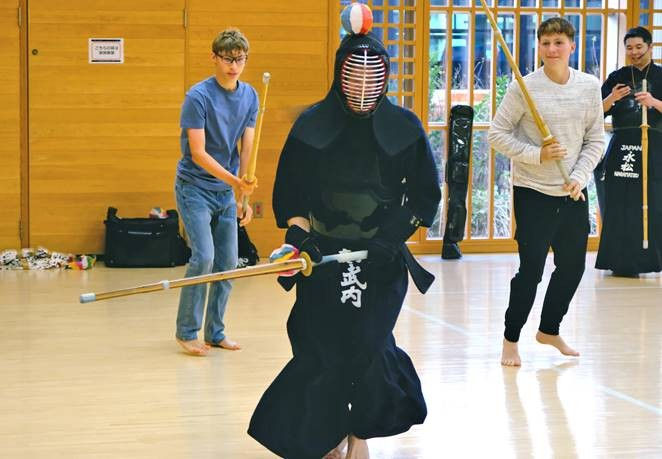‘Period Power’ in Cambodia – Students Teaching Students
- SEE Team

- Oct 31, 2024
- 2 min read
In February this year, SEE escorted a group of students from the UAE to a remote province in the far northeast of Cambodia to conduct a Period Power educational program for their peers. With the help of our capable interpreters, these students assisted in the education of over 200 local Khmer students on the issues of period poverty and hygiene. Remarkably, our visiting students also addressed groups of local male students about this sensitive and often taboo subject, raising awareness of the issues affecting their female classmates and others around them.
Before starting the project, the provincial authorities of Stung Treng Province were consulted to discuss the implications of teaching this sensitive topic to local students and whether it was appropriate to be taught by foreign students. The feedback from the local committee was very useful and constructive. It highlighted that this topic is often neglected and avoided in schools due to the embarrassment associated with open discussions about feminine hygiene in this very conservative, Buddhist country. Teachers and local administrators at the large rural school found it insightful that this topic was addressed by the other young people who approached the subject with sensitivity and clarity. The socially aware foreign students, both male and female, who had initiated the school visit eagerly shared their knowledge with enthusiasm.
I was really happy by how happy the Cambodian students were so enthusiastic and happy to listen and work with us on the issue of PE (Period Empowerment). Mara [our tour leader] told us that the community has not been visited by foreign students before and we didn’t want to come in like we knew everything but just wanted to share what we have learnt about the ideas of PE (period empowerment) because I think is an important issue for girls everywhere.
What is period poverty?
Whilst menstruation (or periods) is a natural process for half the world’s population, millions of women and girls in developing Asia (as well as Africa in particular) cannot afford menstrual products or access to safe water and sanitation to manage their menstrual health and hygiene. This interrupts their lives, rights, and freedoms.
‘Period poverty’ refers to this inability to afford and access menstrual products, sanitation and hygiene facilities and the necessary education and awareness to manage menstrual health. Simply put, period poverty costs women and girls too much, most notably in the impact it can have on equal access to education. Stigma, the high cost of menstrual products, and a lack of water and sanitation facilities in many communities drive period poverty around the world.
As was evident in Stu Teng Province, policymakers and adults with decision-making power in schools and workplaces often lack comprehensive menstrual education themselves, which was indeed the reason these students travelled to Cambodia to work with their contemporaries in this endeavour.
This visit and exchange of ideas was a powerful experience for both the students from UAE and their Cambodian hosts, opening up understanding on a topic of gender equality, that is essential for all young people to understand, no matter where they are in the world.


